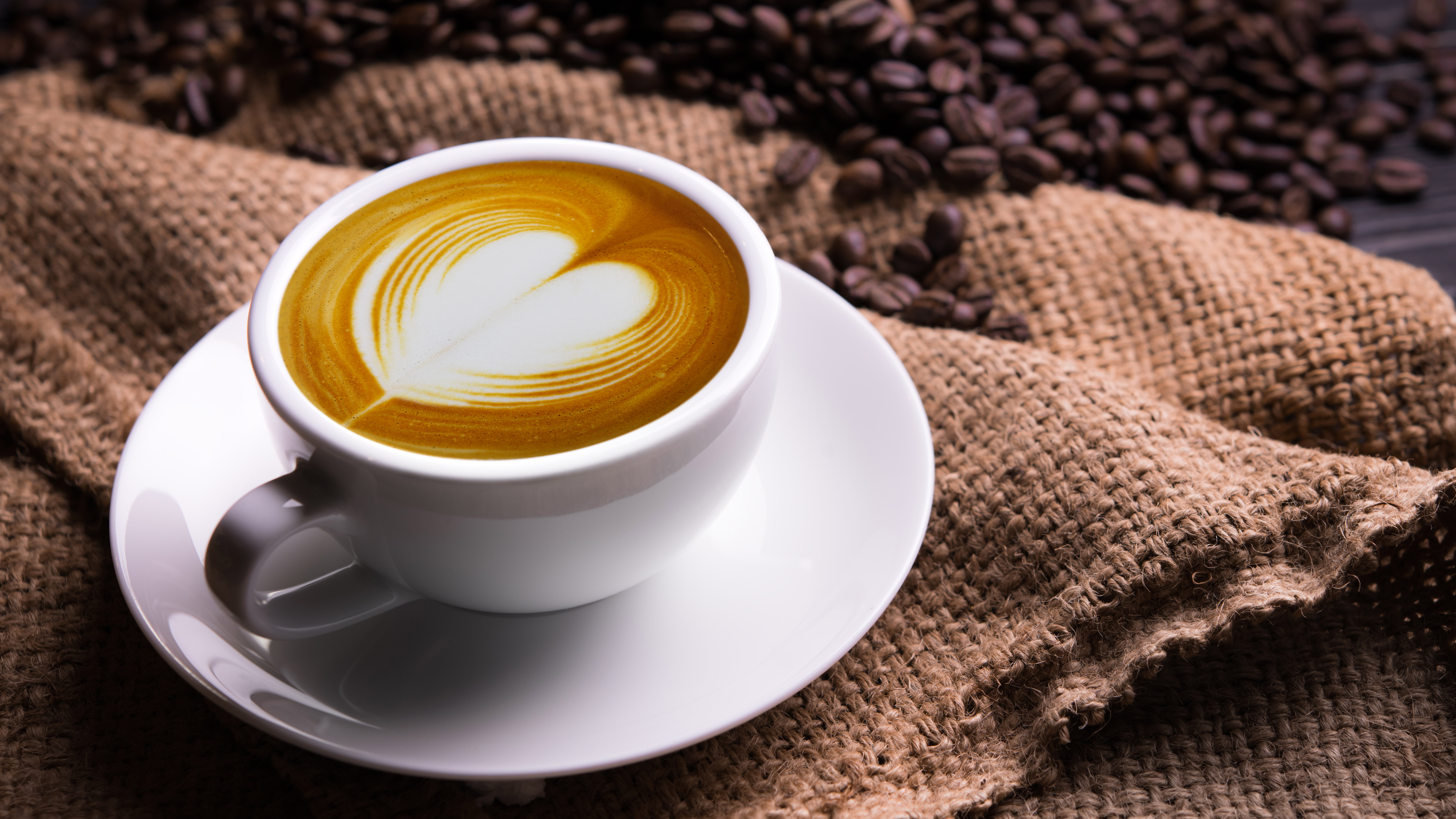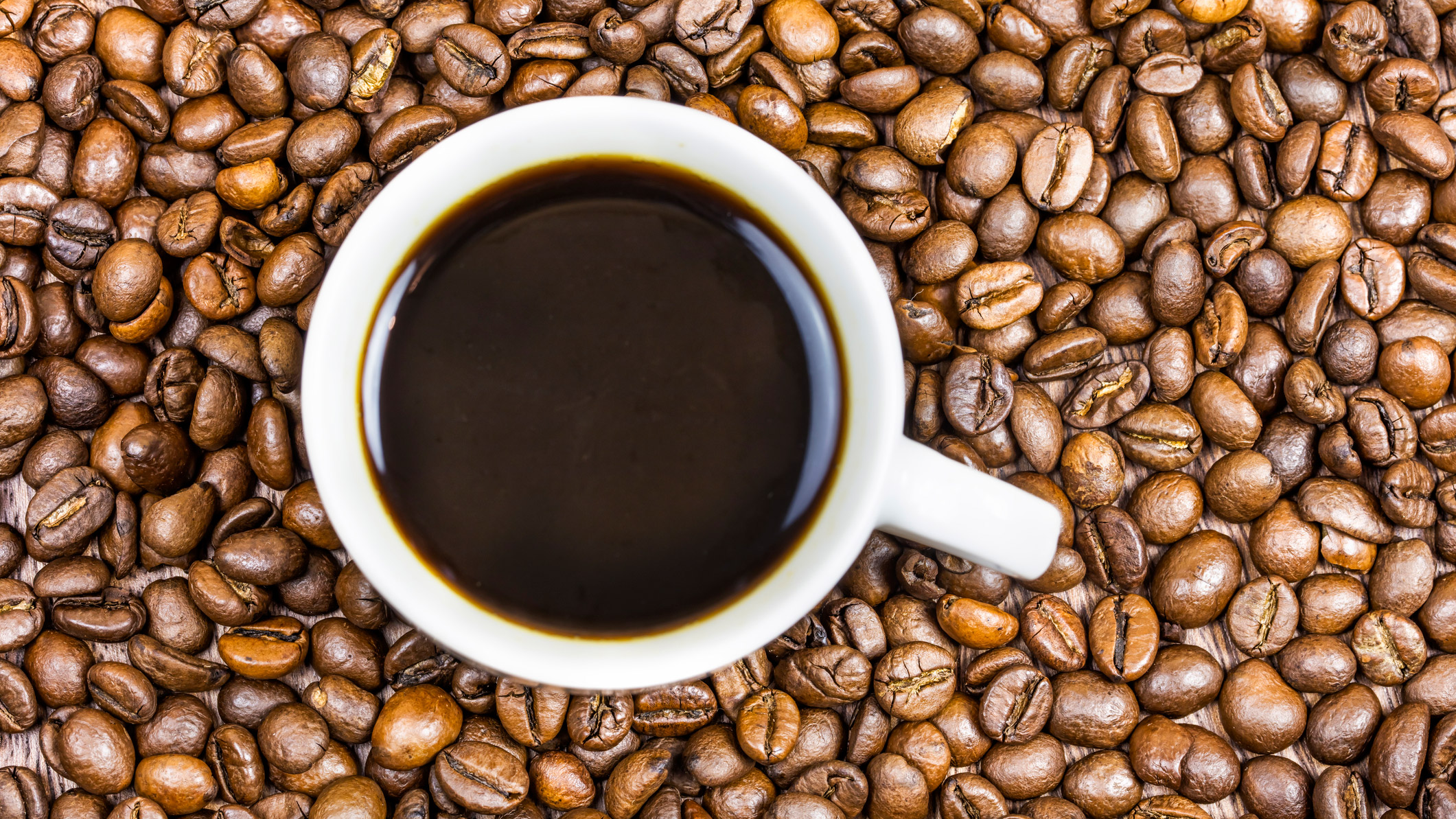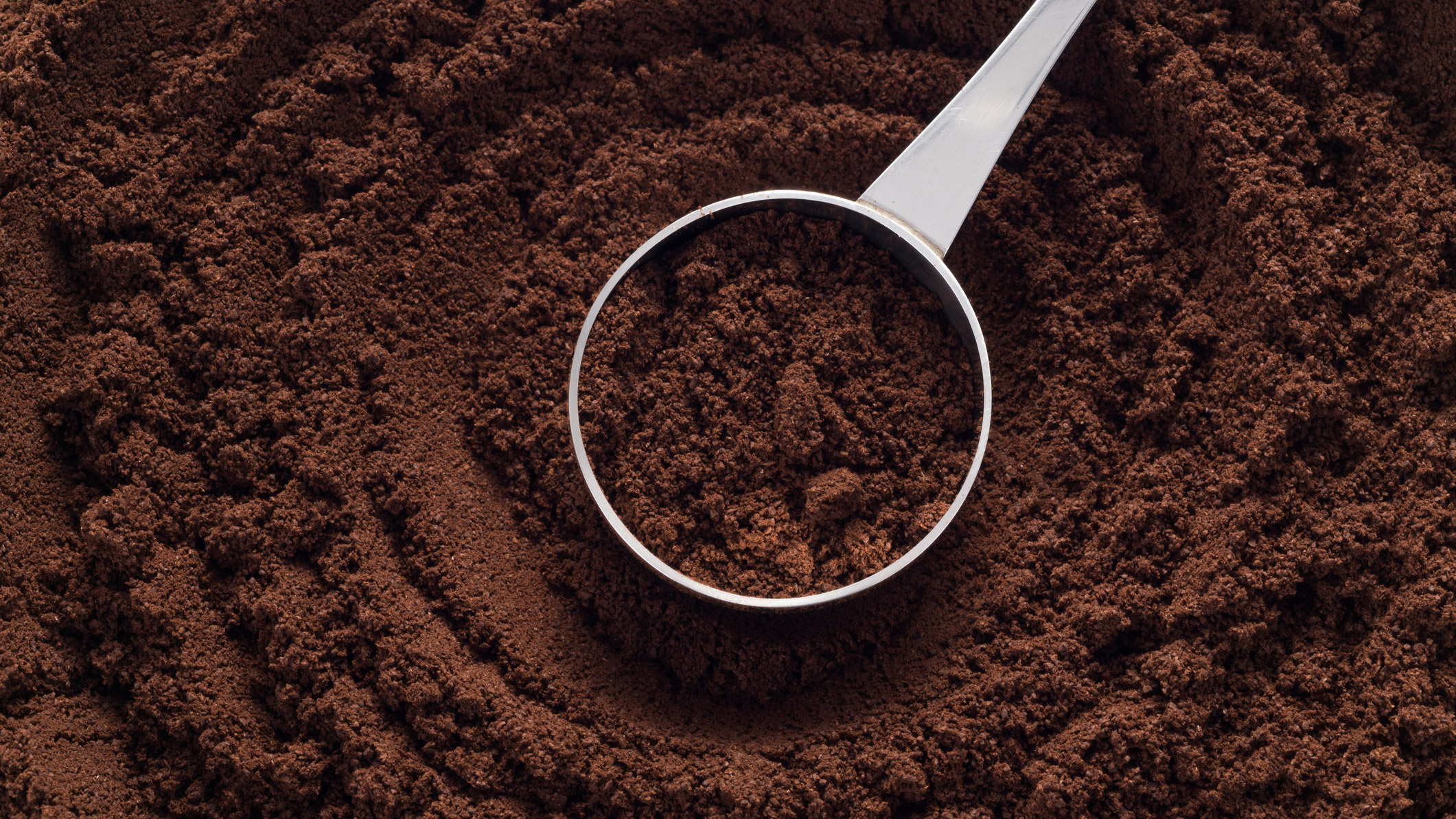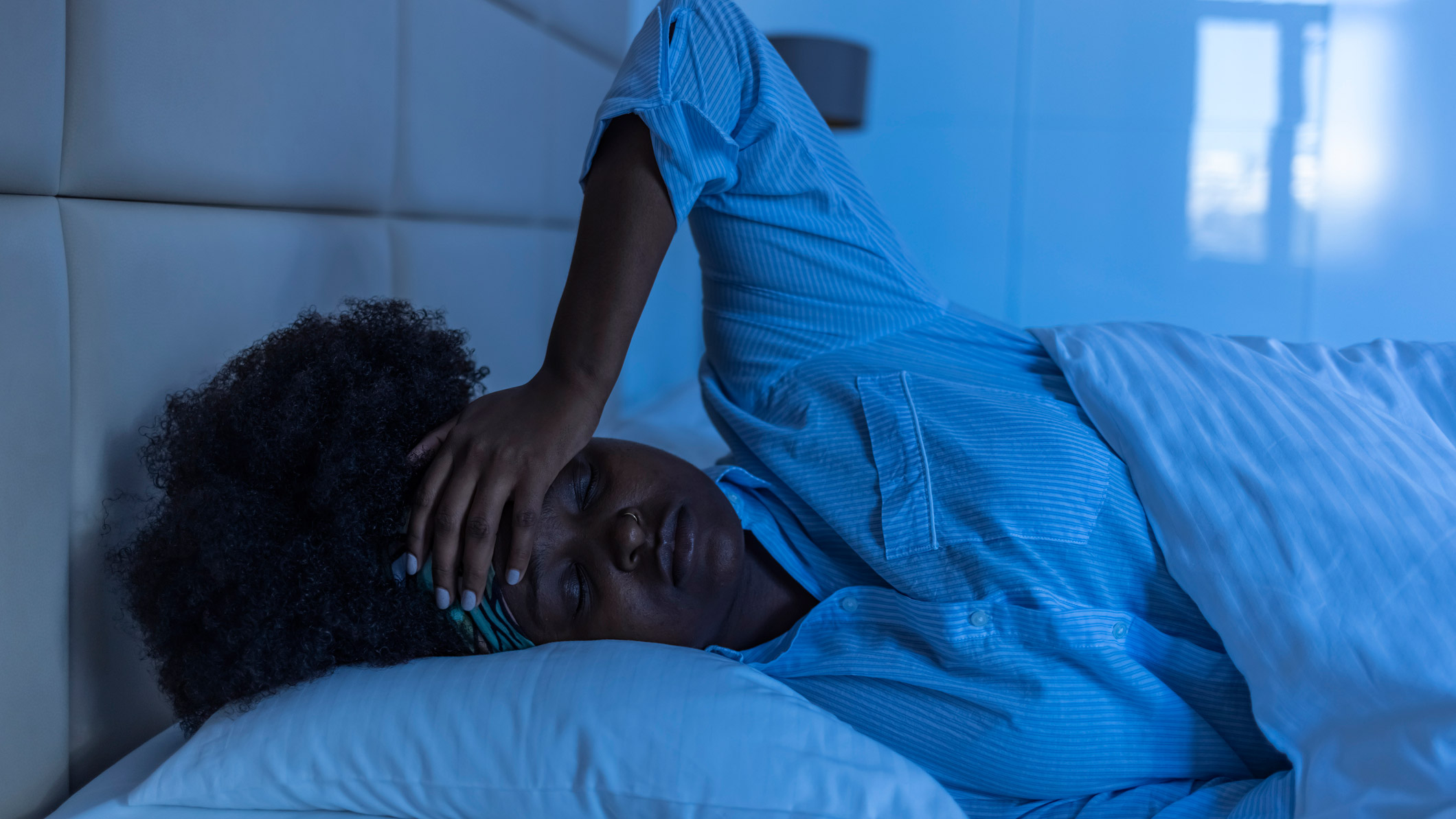
Can’t start your day without a hearty dose of coffee? Regularly brew a cup of green tea after lunch? While these caffeinated drinks offer health benefits that go beyond helping you perk up and stay focused, relying on them in high quantities and/or drinking up too late in the day could mean bad news for your shuteye come nightfall, and having even the very best mattress may not be enough to lull you off to sleep.
If you can’t bear to part ways with your go-to sources of caffeine, it’ll be in your best interest to at least cap off intake at a certain point in the day; it's also useful to know that the best time in the morning to drink coffee is 10am, not first thing.
We spoke to a dietician to discover if there’s an ideal time to stop caffeinating for the sake of better sleep, and also learned why caffeine and sleep are at odds with each other, as well as finding out about some surprising sources of the stimulant you may also want to steer clear of.
When should I stop drinking caffeine before bed?
“It is suggested that most people should stop consuming caffeine at least six hours before bedtime [to avoid] disruptive effects on sleep,” says Amy Shapiro, MS, RD, CDN, founder and director of Real Nutrition in New York City.
According to a 2013 study published in the Journal of Clinical Sleep Medicine, participants who consumed 400 milligrams of caffeine 0, 3, or 6 hours before their regular bedtime led to significantly disturbed sleep compared to placebo groups.
People who are sensitive to caffeine and/or have ongoing sleep issues may want to cease caffeinating even earlier than the six-hour mark. On the other hand, some may take to a post-dinner shot of espresso just fine and have no difficulty catching their ZZZs within a few hours’ time.

In short, the ideal caffeine cutoff time will be based on the individual, so the six-hour mark is a decent general guideline. “The timing may vary due to the high variability of individual responses to caffeine consumption based on sex, age, diet, health, metabolism etc.,” Shapiro explains. “Depending on the individual, the effects of caffeine consumption can last up to 12 hours.”
The amount of caffeine present in the beverage will also play a role, she adds. For example, a large cup of coffee can pack over 400 milligrams of caffeine, while a bottle of iced tea can offer 20 to 50 milligrams per serving. Caffeine content will vary based on factors such as the size of the drink, brands, and brewing times.
What caffeine does to your body
“Caffeine is a stimulant that increases activity in your brain and nervous system, and increases circulation of neurotransmitters including cortisol and adrenaline,” Shapiro explains. (Cortisol is known as the stress hormone yet it also helps us stay alert. Similarly, adrenaline helps prepare us for fight-or-flight mode and allows us to react quickly.)

Short-term effects of caffeine, she continues, typically include:
- Mental alertness
- Physical energy
- Increased breathing
- Faster heart rate
Caffeine isn’t without its risks. Shapiro warns that high doses, frequent use, or potential adverse effects may include:
- Restlessness
- Excitement
- Tremor
- Anxiety
- Headaches
- Insomnia
- Physical and/or psychological dependence
Why caffeine disrupts sleep
Most people reach for caffeine since it helps them stay awake, so it makes sense that it’d be at odds with falling asleep.
“Caffeine acts primarily on receptors in the body that are related to functions of the brain associated with sleep, arousal, and cognition,” Shapiro explains. “Adenosine receptor agonists in the brain generally promote sleep, and caffeine promotes wakefulness by antagonizing [i.e., inhibiting or counteracting] those receptors.”

In other words, caffeine disallows certain sleepiness cues to kick in when they should—which is how coffee, caffeinated tea and the like can prevent a good night’s rest.
In addition to affecting sleep latency (i.e., the time it takes to fall asleep), caffeine may also worsen sleep quality. In a 2021 randomized controlled trial in healthy men, published in the Journal of Biological Rhythms, those who had 150 milligrams of caffeine three times in the daytime over 10 days experienced the following sleep issues compared to a placebo group:
- Delays in REM sleep (a sleep stage that heavily influences subjective sleep quality)
- Greater difficulty waking up
- Feeling more tired upon arising
What foods and drinks contain caffeine?
You likely already know that coffee, some teas (namely black and green tea), and energy drinks contain caffeine. However, they’re not the only dietary items that pack the stimulant.
According to Shapiro, additional sources of caffeine you may want to cut off by the afternoon include:
- Soft drinks, such as soda
- Gum
- Some protein bars
- Chocolate/cacao
- Some medications
Moreover, it’s worth remembering that the terms ‘decaf’ and ‘caffeine-free’ aren’t interchangeable. The former indicates that caffeine was removed from a given product and trace amounts will likely remain present. Meanwhile, the latter indicates that caffeine wasn’t in a given product (such as the majority of herbal teas) to begin with.
The takeaway
If you struggle to fall asleep at night, you may find relief by ceasing caffeine intake 6 hours before bedtime. However, since caffeine tolerance varies by the individual, you might need to extend this timeline, sometimes to as long as 12 hours.
It could also benefit your ZZZs to reduce the amount of caffeine you consume (i.e., going from two cups to one cup daily) or perhaps even slowly taper off caffeine entirely.
Last but not least, you can always add items that promote better rest—such as chamomile tea and tart cherry juice—into your nightly regimen.







